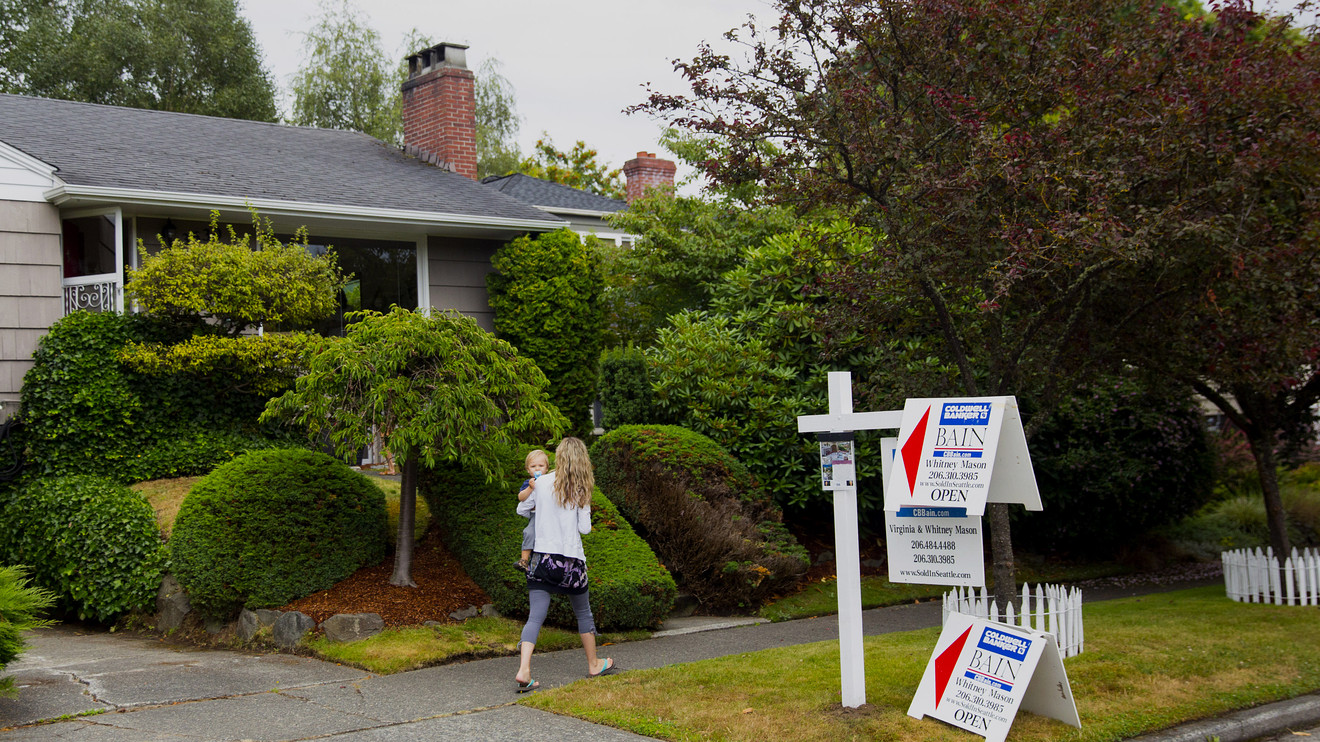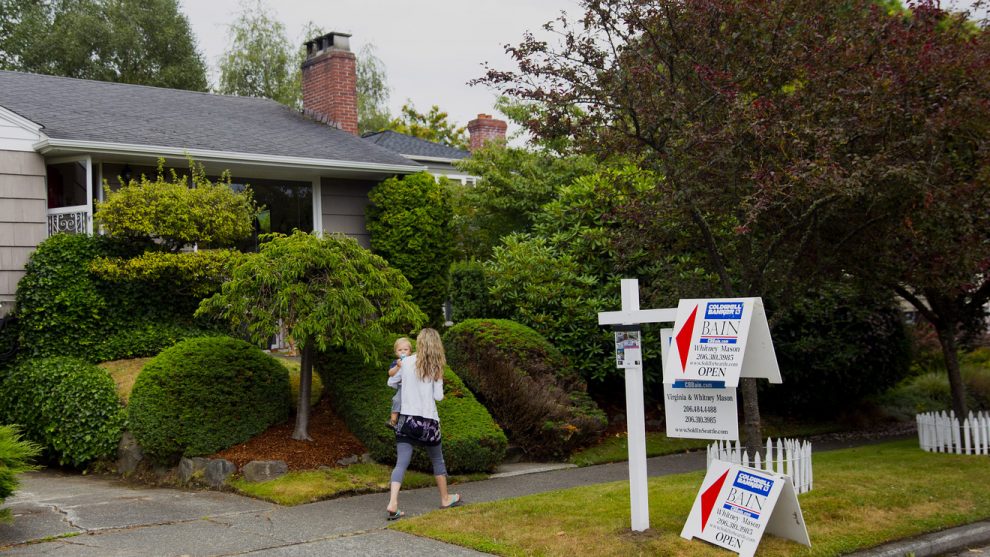
I’m surrounded by millennials. I work with them, I learn from them, and I’m even the parent of one. The housing specialty firm I lead employs many of these talented young Americans. And increasingly, millennials make up a bigger share of home buyers.
Wanting to know what’s on the mind of our millennial customers, I checked with our loan consultants around the country who speak to them on a regular basis. But there can be a difference between sentiment and purchase, and between thinking and doing. So our market intelligence team analyzed the home purchasing activity of our millennial customers. Here are three noteworthy findings:
1. Millennials largely depend on the “Bank of Mom & Dad”: That is, they rely on their parents to help provide capital for the down payment and sometimes even ongoing mortgage payments. This trend is more pronounced among our customers on the West Coast. Over 50% of first-time buyers in California and Washington purchased their home with a co-signer.
“I see parents co-signing all the time for their kids,” says Carese Busby, a loan consultant with Caliber Home Loans in Seattle. “With housing prices the way they are in Seattle, it’s hard for many first-time buyers to get a down payment together. Borrowers can’t save fast enough to keep up with the rate of appreciation, so their parents provide gift funds toward down payment and co-sign their loans to help them qualify.”
Indeed, higher home prices in these states have made co-signing the only viable option for first-time homebuyers, many of them millennials, who have more modest credit scores. Without the support of parental co-signers, obtaining a mortgage can be daunting. From 2017 to 2019, the number of first time homebuyers steadily increased 7% among our customers, yet their FICO scores remained steady, either below 640 or between 641 to 680. Moreover, the loan to value (LTV) of many of these mortgages is high, above 95%.
2. Like parents, like children: A one-percent increase in wealth among parents boosts the likelihood of their millennial children becoming a homeowner by .016 percent, per a 2018 report by the Urban Institute. What’s more, a millennial’s likelihood of owning a home increases 10.9% if their parents were also homeowners. Some 26% of borrowers that use Federal Housing Administration (FHA) backed loans seek help from relatives, an increase of 4% from 2011.
Remarkably 51% of those under the age 35 expect that their relatives will help them purchase a home. We have picked up on this trend anecdotally, as parents accompany their millennial children to meet with our loan consultants around the country. These parents are effectively financial counselors for their children. They try to make sure that their kids understand the complexities and ongoing responsibilities of a mortgage.
The Bank of Mom & Dad doesn’t lend to everyone: That some parents can support their children is laudable, but not everyone is blessed with this option. As the Urban Institute reports: “Because minorities are less likely to be homeowners and have less wealth, differences in intergenerational transfer of homeownership provides an additional explanation for the persistent disparities in homeownership across racial and ethnic groups.” The same report finds that 39.5% of white millennials own homes, whereas the rate for African Americans is 13.4%; 24.6% for Latinos, and 27.2% for Asians.
This is an unfortunate trend that unchecked will likely exacerbate economic inequality, making it more difficult for minority communities to afford to own homes.
As an immigrant from India, I empathize with the many young Americans who can’t rely on financial assistance from family members or friends. This inequality is unacceptable. I support the policy proposals set forth by the Urban Institute, such as (1) boosting financial literacy for young Americans while they are in high school and college; (2) examining the history of rent and utility payments in determining the creditworthiness of millennials, and (3) embracing technology so that the mortgage process is less opaque and more transparent for everyone, especially millennials.
Relying on financial aid from Mom and Dad shouldn’t be necessary for millennials who want to buy a home. We in the mortgage industry must fully explore all responsible solutions and policy options so that everyone’s child can embrace the American Dream of home ownership.
Sanjiv Das is the CEO of Caliber Home Loans , one of the largest housing specialty firms in the U.S.. He was CEO of CitiMortgage from 2008 to 2013.
Read: The single best investment for the next decade
More: Here’s what millennial home buyers really care about when getting a mortgage











Add Comment